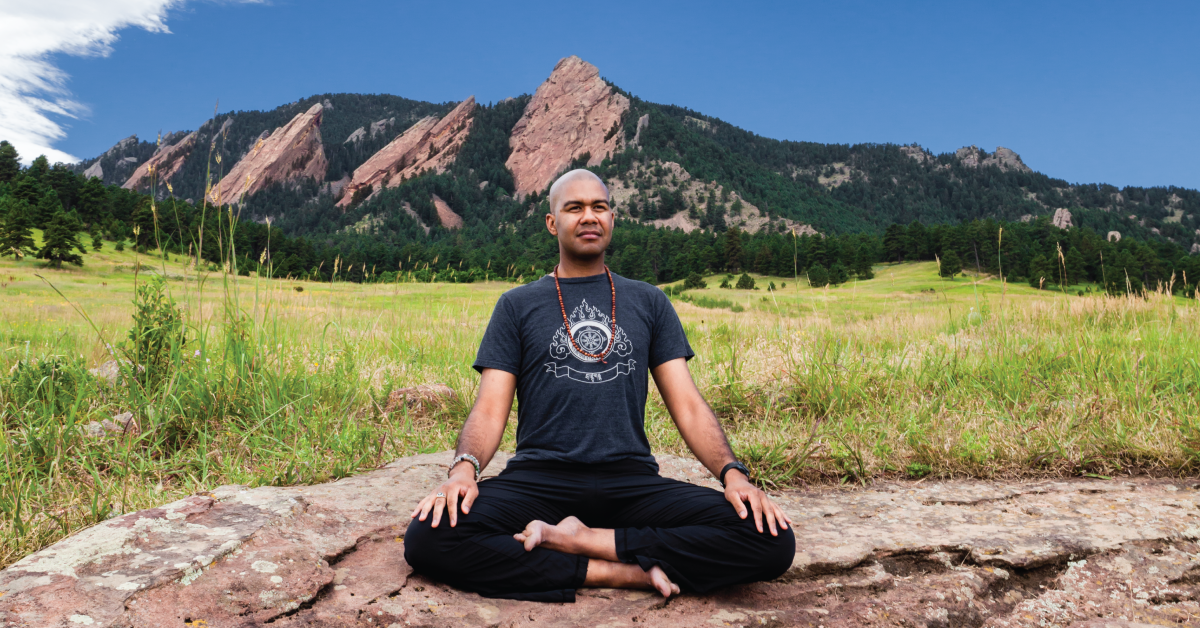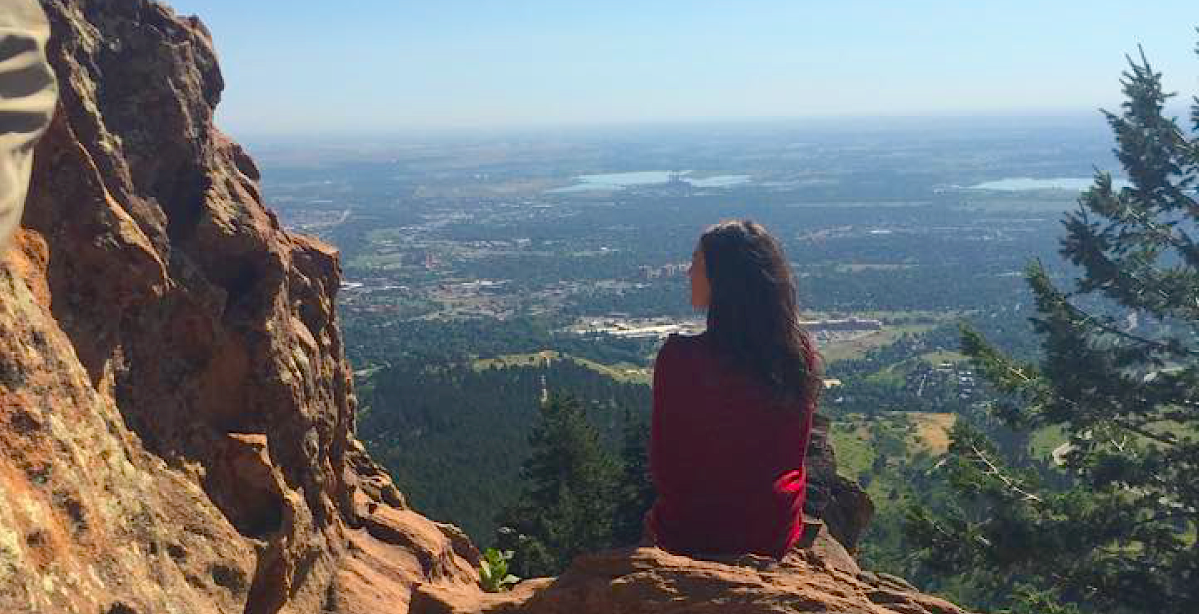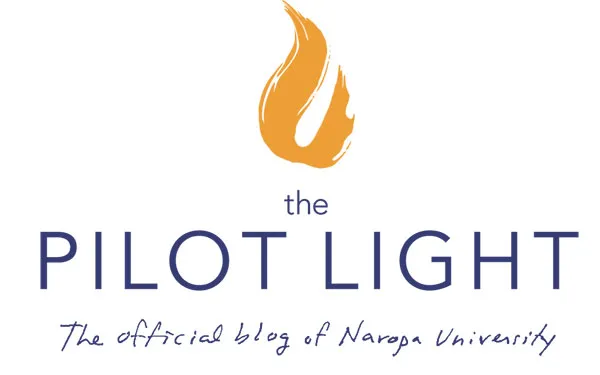
By Charlotte Rotterdam, Director of the Center for the Advancement of Contemplative Education at Naropa University
No matter what the ‘It’ is, meditation probably has something to do with it. We may sometimes think of meditation as a practice for those who can seclude themselves in a candle-lit room, settled on a cushion, removed from the bustle and noise of daily life, arising after some extended period haloed by a glow of equanimity and peace.
But what about meditation in the heat of a discussion, gridlocked in traffic, in the face of another hundred emails, texts, conference calls and impending meetings? Does meditation have a place in the midst of 21st century life?
Traditional Buddhist teachings make a distinction between meditation and post-meditation practice; the first referring to time set aside from our normal schedules to engage in formal contemplative practice, the second referring to the continuation of awareness and mindfulness into our everyday activities.
Ultimately, what we are ‘practicing’ for is to bring presence to that moment of overwhelm, a vaster perspective to times of confusion, and perhaps even compassion to those interactions that push our every button. This is where the rubber of meditation meets the road of lived reality.
One of the benefits of our global world is that the investigations of modern science are meeting the wisdom of ancient traditions. Neuroscience can now examine what occurs in the brain when we expand our awareness and foster mindfulness. Among the neuroscientists focusing their work on the effects of meditation, there are a unique few who unite their scientific expertise with deep personal experience of contemplative practice.
Dr. Al Kaszniak, professor of psychology, neuroscientist, and Zen teacher, is one such individual. Naropa University’s Center for the Advancement of Contemplative Education has the pleasure of hosting Dr. Kaszniak over the next few weeks. In his upcoming lecture, ‘Zen and the Brain: Contemplative Practices for a Multi-Tasking World’ (February 18, 7pm, Nalanda Events Center) Dr. Kaszniak will share research findings and reflections on how meditation can inform our post-meditation experience in a fragmented and stress-inducing world.



